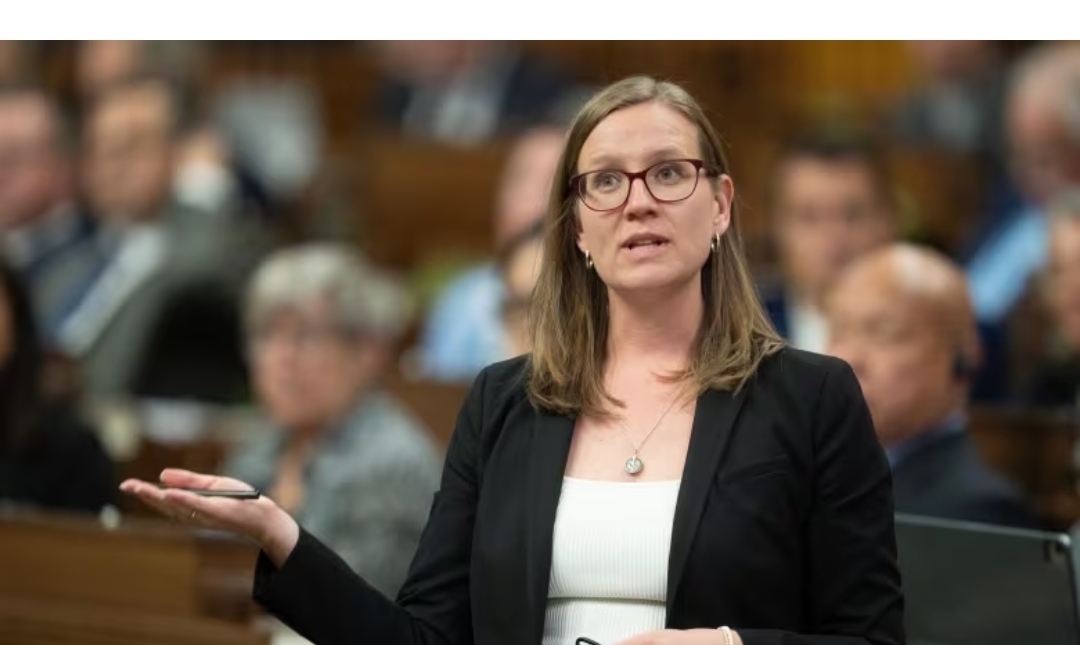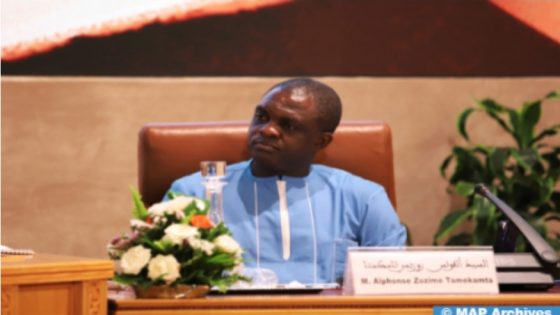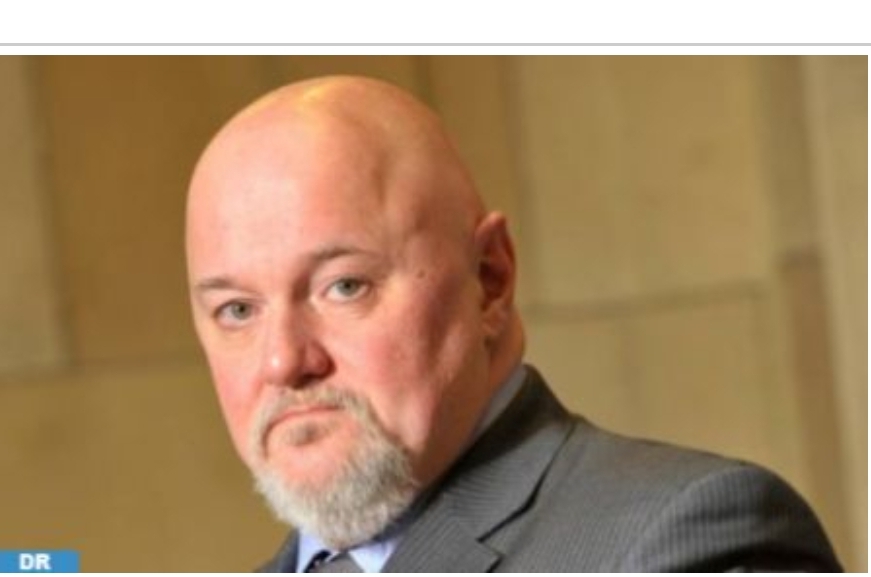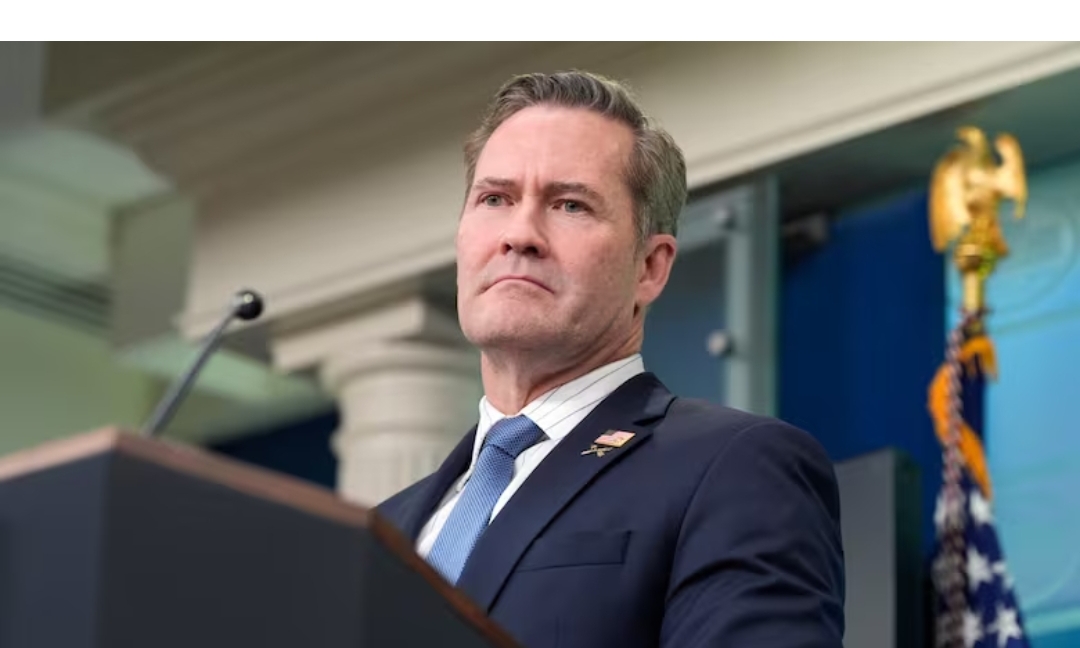Assahafa.com
Government House leader Karina Gould says the Liberal government will today vote against a key Bloc Québécois motion that the opposition party has presented as a condition of its support in future confidence votes.
Bloc Leader Yves-François Blanchet put forward a motion Tuesday calling on the government to support Bill C-319, a Bloc private member’s bill that would hike Old Age Security (OAS) payouts for seniors between the ages of 65 and 74 by 10 per cent.
For the Bloc’s pension legislation to become law, the Liberal government would have to grant a “royal recommendation” because a private member’s bill can’t force Ottawa to spend more money without cabinet approval.
Liberal House Leader Karina Gould confirmed the government will vote against the Bloc Québécois’ opposition day motion on boosting Old Age Security payments. Labour Minister Steve MacKinnon said the Liberals are proud of their track record on seniors.
Gould said Wednesday the Liberal cabinet won’t support the Bloc’s motion because it was attempting to push the government to grant that royal recommendation.
“It is not appropriate for an opposition day motion to set the precedent of getting a royal recommendation,” Gould told reporters on Parliament Hill.
Steve MacKinnon, the minister of labour and seniors, indicated the motion would be a free vote for Liberal backbenchers.
“We have very, very strict criteria for something that is mandatory for all government MPs to support. It’s not in this category,” he told reporters in French.
Blanchet has warned the government that if it does not push through the Bloc’s pension legislation by the end of this month, the party will start negotiating with other opposition parties to trigger an early election.
There’s a battle brewing over generational fairness as Bloc Québécois demands a pension hike
Conservatives’ second attempt to topple Liberal government fails
Bloc threatens to push for an early election if government doesn’t top up pensions by Oct. 29
Voting against the motion doesn’t necessarily mean the government won’t support the pension legislation. Gould said she is in constant communication with the other parties’ House leaders.
But Blanchet has indicated there is no room for compromise on his party’s proposal.
“There’s nothing to negotiate. You do this before Oct. 29 or we negotiate with other opposition parties to have the government fall,” the Bloc leader told reporters Tuesday.
The Parliamentary Budget Officer (PBO) has said the Bloc’s proposed OAS increase would cost $16 billion over the next five years — spending that would add to a national debt that is now over $1.2 trillion. The cost of financing all that debt comes to about $54 billion this year.
Leader of the Bloc Québécois Yves-François Blanchet introduced a motion Tuesday pushing the Liberal government to back legislation that would increase Old Age Security payouts for seniors aged 65 to 74. The legislation is one of the key demands the Bloc is pressing the Liberals to fulfill by the end of the month.
Earlier Wednesday, a number of Liberals said the Bloc’s proposal isn’t aimed at the most vulnerable seniors.
“I think the question is how we should be better supportive of our vulnerable seniors. There are seniors that are doing really well in our country,” Public Services Minister Jean-Yves Duclos told reporters Wednesday.
Ontario Liberal MP Nathaniel Erskine-Smith said the Bloc’s legislation is “too expensive and poorly targeted.”
“If you’re thinking of the people in real need right now, it is low- income seniors and it’s young Canadians struggling to get into the housing market, struggling to afford rent,” Erskine-Smith said.
Confidence vote on Liberal changes to capital gains tax delayed
By the numbers: Here’s what it would take to bring down the Liberals in a confidence vote
Liberals survive first confidence vote after the end of governance agreement with NDP
“If anyone thinks that in today’s fiscal environment… that it’s useful to spend a new taxpayer dollar — a taxpayer dollar we don’t have — on seniors who are making over $120,000, the Bloc should explain that logic to me.”
People over the age of 65 are also less likely to be considered low-income, according to Statistics Canada data from 2022.
Seniors have the lowest poverty rates of all age groups. About 11 per cent of people aged 18 to 64 years of age are classified as “low income,” compared to just six per cent for people 65 and over, the data shows.
The vote on the Bloc’s motion is expected to happen this afternoon.
Source: cbc














